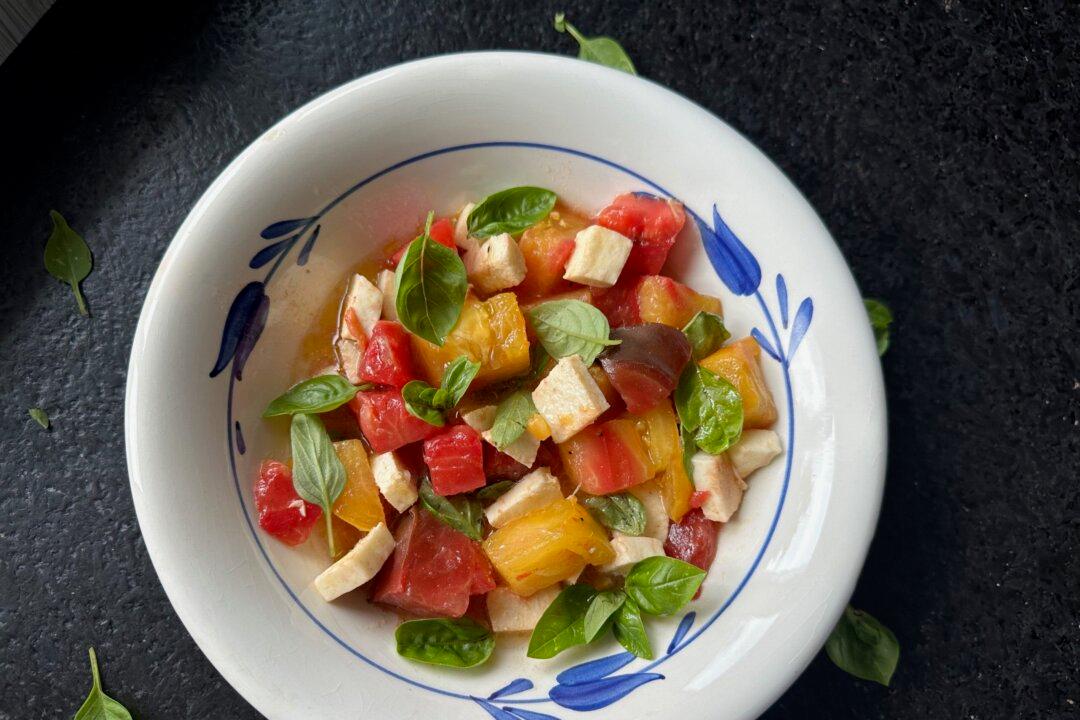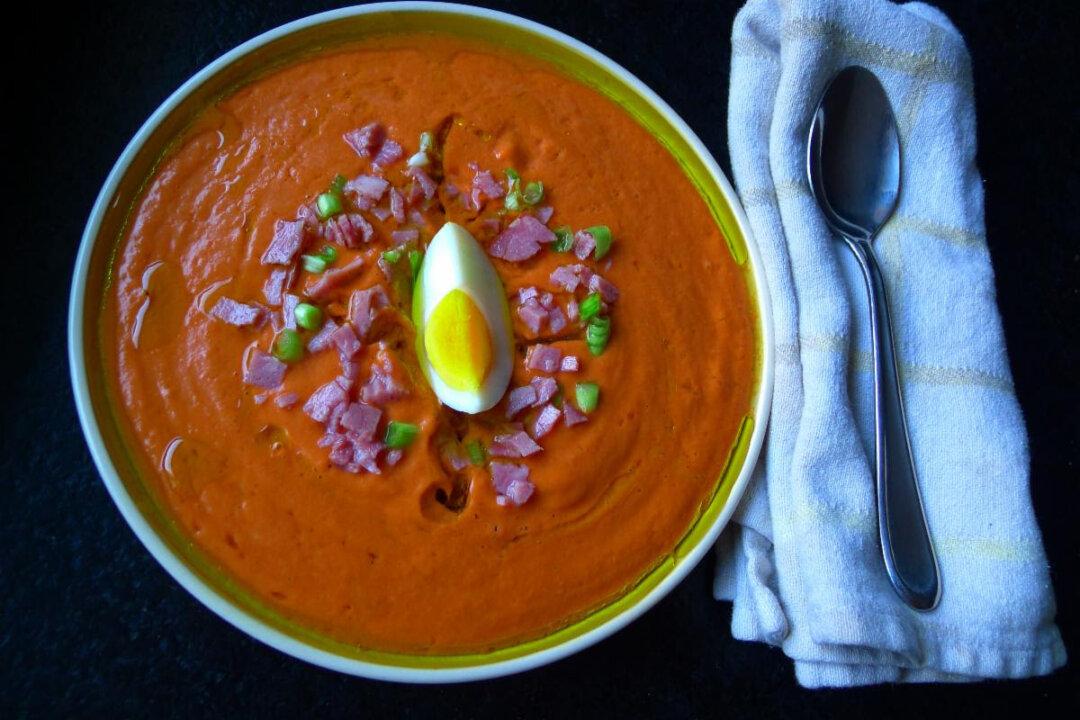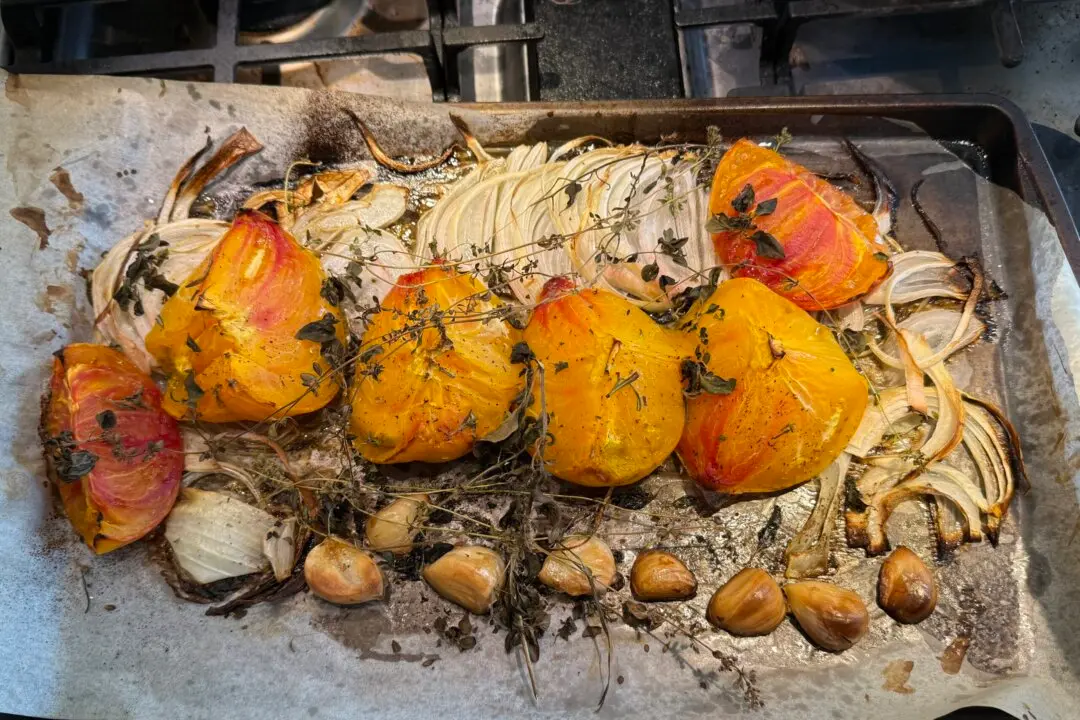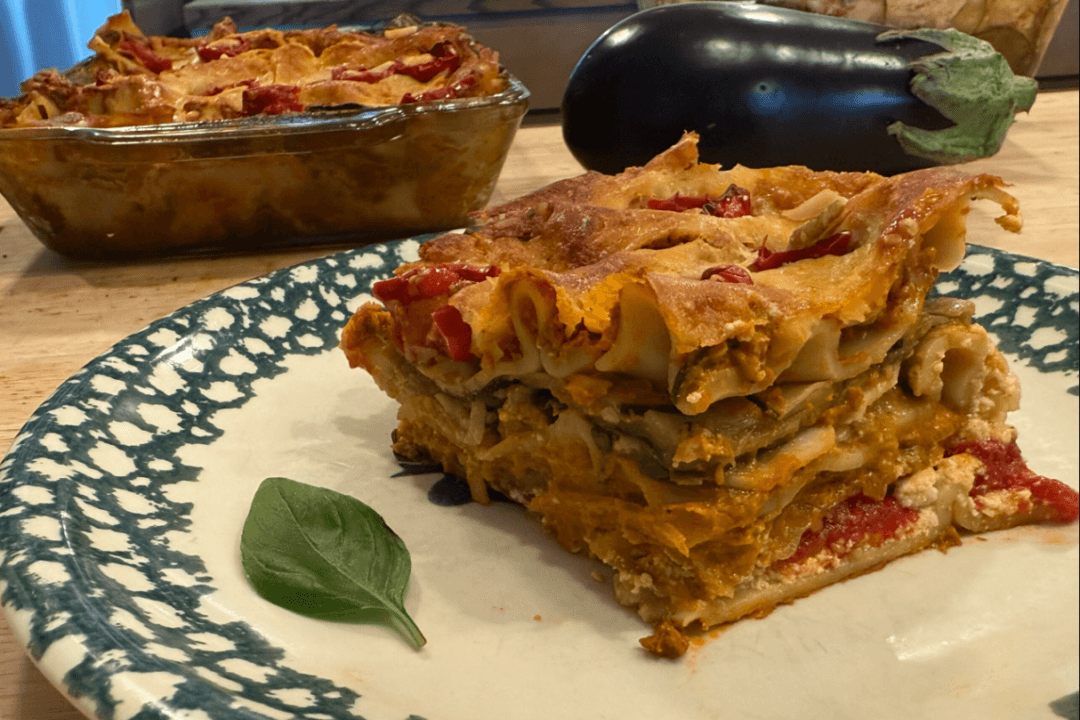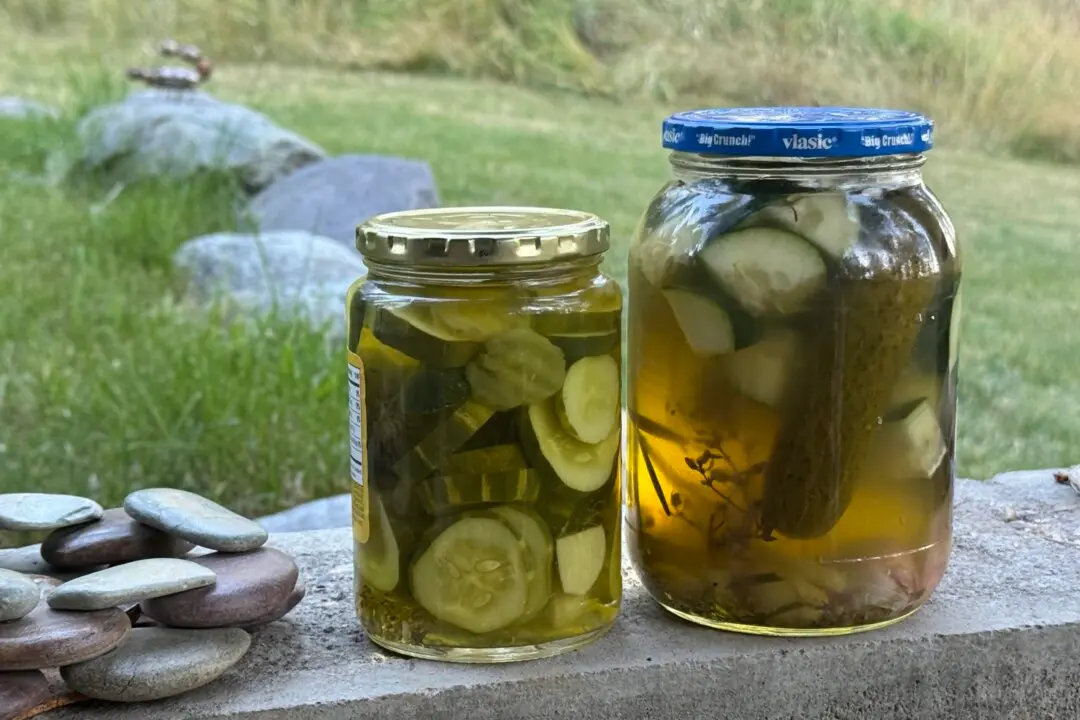Caprese, everyone’s favorite Italian salad, is a simple dish. Yet the mere combination of tomato, basil, and mozzarella cheese, dusted with salt and drizzled with olive oil, accomplishes so much.
Dressed in the colors of the Italian flag, caprese exemplifies the fresh, ingredient-centric ethos of that cuisine. The wafting, penetrating flavor of basil and the sweet, piercing flavor of the tomatoes combine with the rich cheese and oil, producing otherworldly satisfaction.
Like a margherita pizza without the crust and heat, caprese is the perfect way to enjoy the sunset of summer.
My tomato-hating son demands caprese on the daily when tomatoes and basil are in season. He’ll pound caprese like it’s Halloween candy. While he normally purports helplessness in the kitchen, he’ll make caprese when hosting friends and throw one together on the way out the door, like grabbing a granola bar.
As with any recipe of great cultural significance, there will be friction between purists and innovators. I generally have tremendous respect and reverence for the deep history and traditions that form the foundation of many time-honed recipes. But I’m ready to be flexible to keep up with the season and region.
With the flood of low-acid heirloom tomatoes available today, for example, we often need to add more acid, as the tomato alone doesn’t have the pH to stand up to cheese and olive oil. A few drops of balsamic do the trick. There is also white balsamic vinegar, which, for trademark reasons, is often labeled “White Italian Vinegar” or even “White Italian Condiment.” Both types of vinegar are made from grapes, red and white, respectively.

